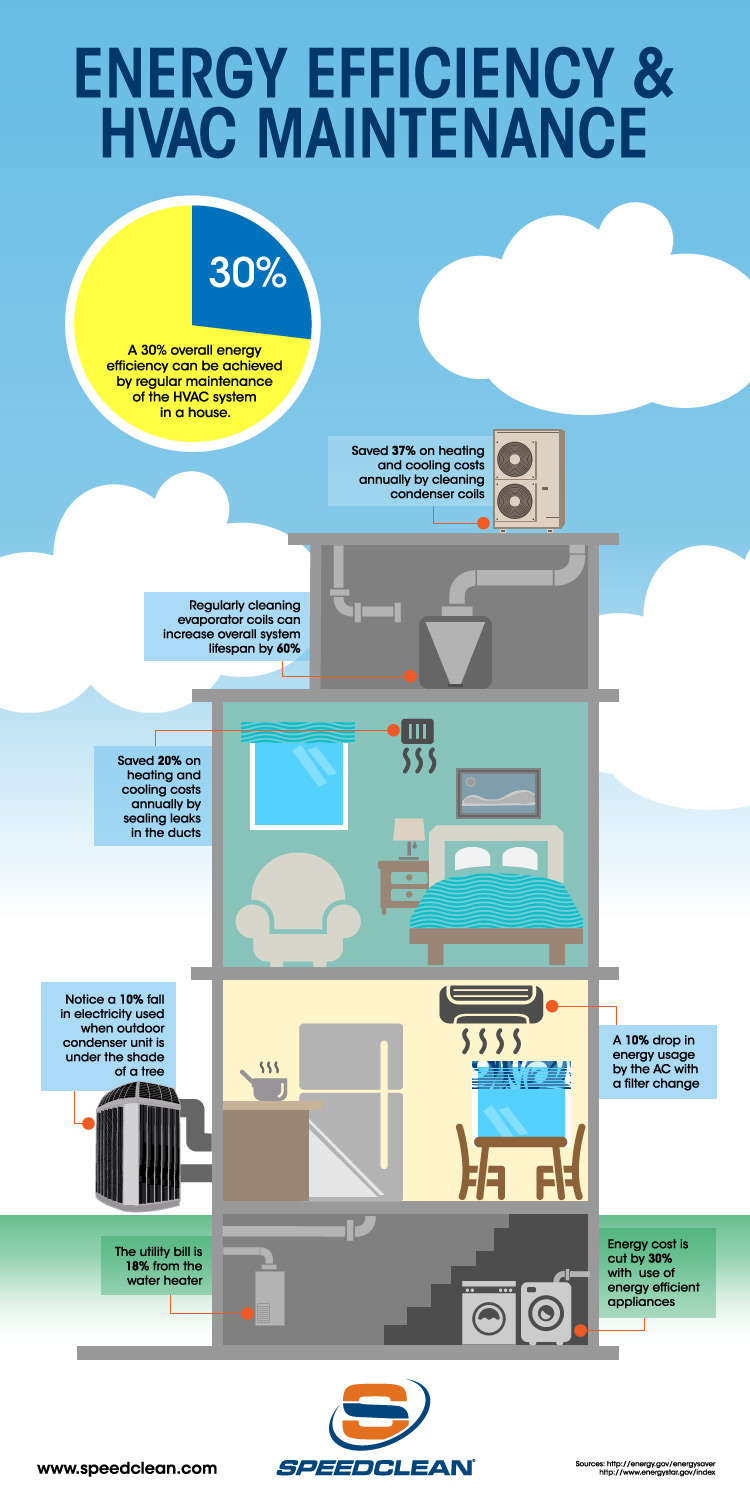The Future Of Home Home Heating - How Heatpump Modern Technology Is Developing
The Future Of Home Home Heating - How Heatpump Modern Technology Is Developing
Blog Article
Web Content By-Merritt Ringgaard
Heat pumps will be an essential technology for decarbonising home heating. In a scenario regular with governments' revealed energy and climate commitments, their global ability increases by 2030, while their share in home heating rises to one-quarter.
They work best in well-insulated homes and depend on power, which can be provided from a sustainable power grid. Technological innovations are making them a lot more effective, smarter and cheaper.
Gas Cells
Heatpump make use of a compressor, cooling agent, coils and fans to relocate the air and heat in homes and appliances. They can be powered by solar power or electrical power from the grid. They have actually been obtaining popularity due to their inexpensive, peaceful procedure and the capacity to generate power throughout peak power demand.
Some business, like IdaTech and BG MicroGen, are working with fuel cells for home heating. These microgenerators can change a gas boiler and create a few of a home's electrical requirements with a link to the electricity grid for the rest.
But there are factors to be skeptical of using hydrogen for home heating, Rosenow says. It would certainly be expensive and inefficient compared to other modern technologies, and it would contribute to carbon exhausts.
Smart and Connected Technologies
Smart home innovation enables property owners to attach and regulate their tools from another location with the use of smart device applications. As an example, clever thermostats can discover your heating choices and automatically get used to maximize energy intake. Smart lighting systems can be managed with voice commands and instantly shut off lights when you leave the area, minimizing energy waste. And clever plugs can monitor and manage your electrical usage, enabling you to determine and limit energy-hungry appliances.
The tech-savvy home illustrated in Carina's meeting is an excellent image of how occupants reconfigure room heating practices in the light of brand-new clever home modern technologies. They rely on the devices' automated functions to execute daily changes and concern them as a hassle-free methods of conducting their home heating practices. Because of this, they see no reason to adapt their methods additionally in order to enable adaptability in their home power demand, and treatments targeting at doing so may encounter resistance from these families.
Electricity
Because warming homes represent 13% of US discharges, a button to cleaner alternatives could make a big distinction. But the innovation deals with challenges: It's costly and requires extensive home improvements. And it's not constantly compatible with renewable energy sources, such as solar and wind.
"how to save energy with heat pumphow to use ducted air conditioning , electrical heat pumps were as well pricey to take on gas versions in the majority of markets. But brand-new innovations in style and materials are making them extra economical. And far better cool climate efficiency is enabling them to work well even in subzero temperature levels.
The following step in decarbonising home heating might be using warmth networks, which draw warmth from a main source, such as a neighboring river or sea inlet, and disperse it to a network of homes or buildings. That would certainly lower carbon emissions and allow households to capitalize on renewable energy, such as green electrical energy from a grid supplied by renewables. This option would be much less pricey than switching over to hydrogen, a fossil fuel that calls for brand-new infrastructure and would only lower CO2 emissions by 5 percent if coupled with boosted home insulation.
Renewable Energy
As electrical energy rates drop, we're beginning to see the very same fad in home heating that has actually driven electrical automobiles right into the mainstream-- however at an also faster rate. The strong climate instance for impressive homes has actually been pushed even more by new study.
Renewables represent a substantial share of contemporary heat usage, yet have been offered minimal plan interest internationally compared to other end-use fields-- and also much less focus than electrical energy has. Partly, use this link shows a mix of customer inertia, split rewards and, in numerous countries, aids for nonrenewable fuel sources.
New innovations could make the shift less complicated. For example, heat pumps can be made a lot more power efficient by changing old R-22 cooling agents with brand-new ones that don't have the high GWPs of their predecessors. Some specialists likewise picture district systems that attract warmth from a close-by river or sea inlet, like a Norwegian arm. The cozy water can then be utilized for cooling and heating in a community.